How La Soufrière’s ashfall would fertilise your land?
The volcanic eruption of La Soufrière volcano’s ashfall will have various impacts on the Caribbean region.
13th of April 2021

Caribbean: The volcanic eruption of La Soufrière volcano’s ashfall will have various impacts on the Caribbean region. The nation will encounter diverse consequences, some of which are beneficial and disastrous.
Recently many researchers have issued a statement regarding the ashfalls of La Soufrière volcano. One of them is- Dr Erouscilla Joseph, Director of The University of the West Indies Seismic Research Centre (UWI-SRC).
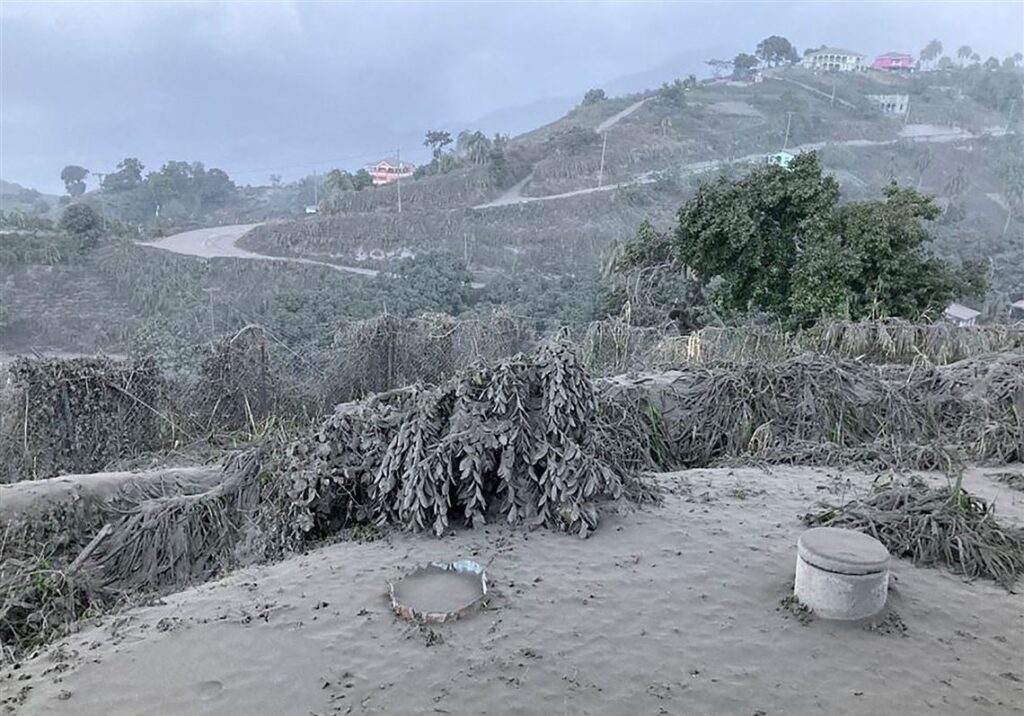
According to Dr Erouscilla Joseph, In the long term, the ash appends fertility to the soil. However, the ashfall will likely impact the economy concerning agriculture production. Reports have shown that farmers of St Vincent lost crops and large livestock due to the volcanic eruptions.
How will volcanic ash add fertility to the soil?
Ashfall is also known as Hard Rain, and it is made of Abrasive particles, USGS Fact sheet revealed. Ashfall due to volcano includes tiny jagged shreds of rock, and natural glass exploded into the air by the volcano.
In these kinds of magma have various melting points, viscosities, and standard volatile contents. The mineral formation of volcanic ash consists of about 45–75 wt% of silica. Silicate is the main part of most minerals like olivine, pyroxene, hornblende, feldspar, and biotite.
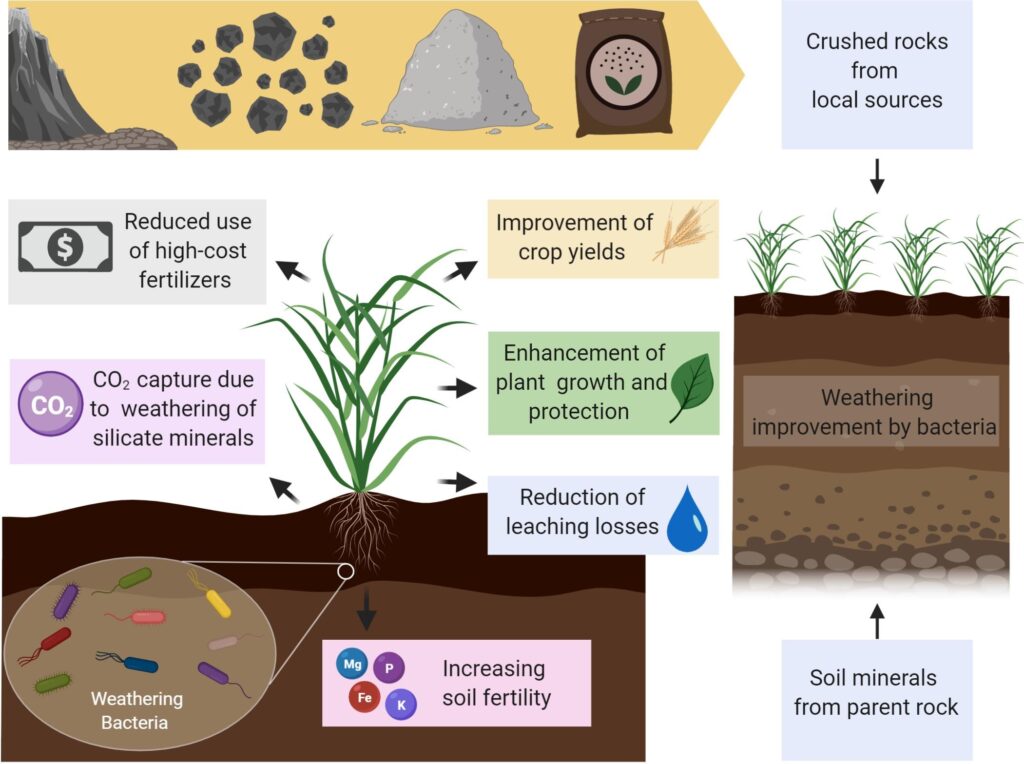
Silica seems to develop an alkalizing effect in metal-heavy soil by diminishing the density in the soil. This is slight because of the discharge of antioxidant enzymes that mitigate oxidative stress. Leaves of plants with silica exposure also accommodate higher amounts of chlorophyll.
Silica is excellent for plants, but the most prominent benefit of biogenic silica is its impact on plant growth-promoting bacteria in the rhizome zone. Advantageous bacteria rise at a neutral pH, so biogenic silica tenders a perfect shelter for bacteria that colonize the rhizome zone.
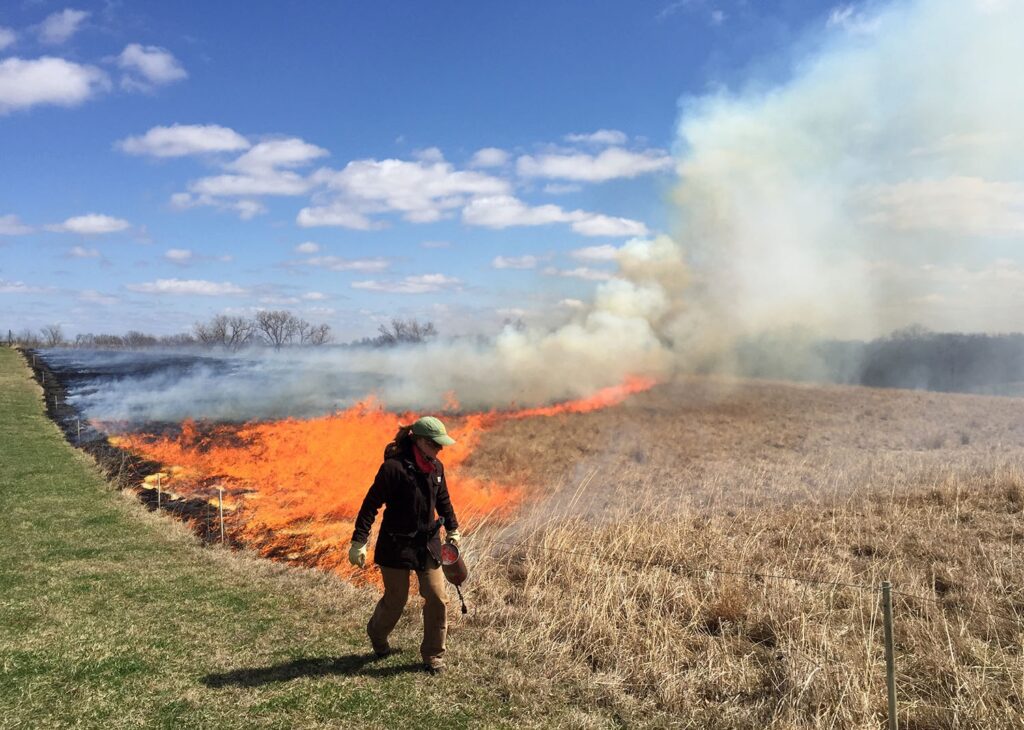
However, if these ashfalls include carbon, then it would have reduced the fertility of the soil. As in Open Firing Agricultural Practise, Farmers in many regions of the world deliberately set fire to ploughed fields to remove stubble, weeds and waste ere planting a new crop. While this method might be fast and economical, it is exceptionally unsustainable, as it generates large all of the particles pollutant black carbon and decreases the fertility of the soil.
No clean water left behind
UN stated, Volcanic eruption left the entire population of St Vincent without clean water in the nation.
Along with the Caribbean Disaster Emergency Management- Agency CDEMA, the UN had enlisted pre-positioned water and cleanliness hygiene stocks currently stocked in nearby Barbados.
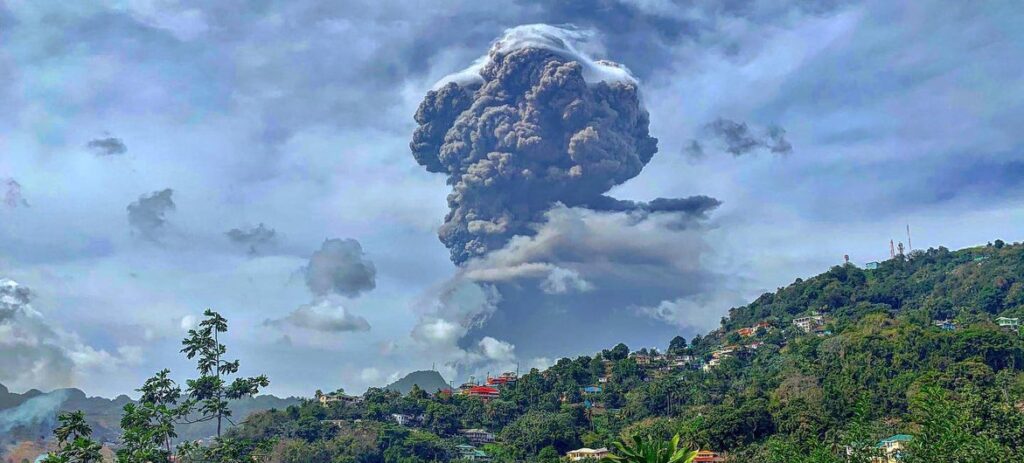
Besides this, it is significant to lean the ash around homes and dispose of it in garbage bags since it professes a substantial hazard to infrastructure and lives. Water should not be utilised at this moment to clean surfaces such as roofs as it makes the ash slippery and heavier.
Latest
- Guyana’s Linden to Mabura Road Project Nears Completion, Connecting Country to Northern Brazil
-
Trinidad: Unidentified man found dead on Uriah Butler Highway in suspected hit-and-run -
Tuberculosis cases reported at Edward P. Yorke High School in Belize City -
Sugar Mas Carnival boosts St Kitts and Nevis economy to $29.5m -
Jamaican Designer Rachel Scott Debuts Fall 2026 Diotima Collection at New York Fashion Week
Related Articles
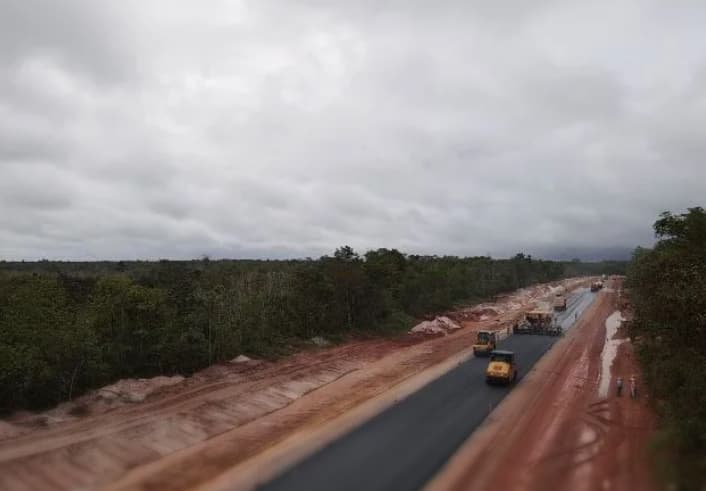
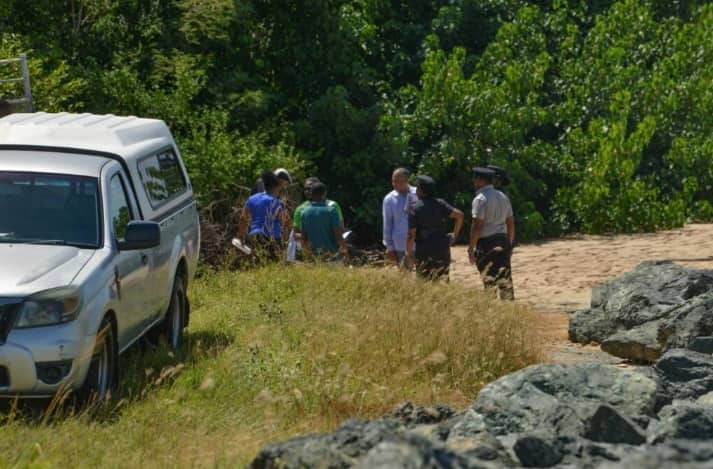
21st of February 2026
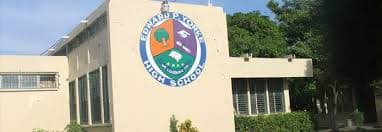
20th of February 2026

20th of February 2026

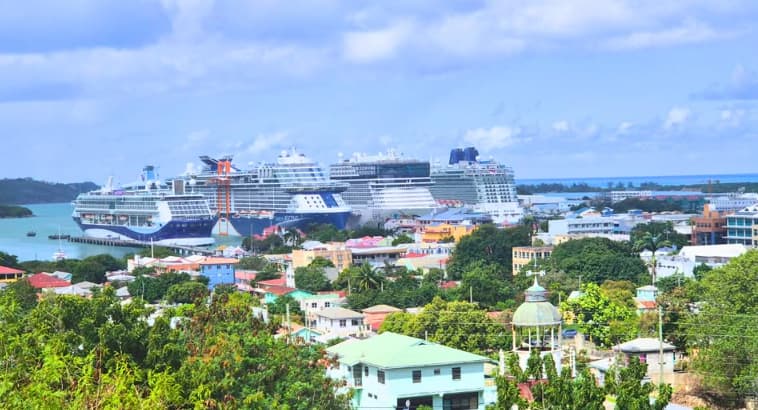
19th of February 2026

18th of February 2026

